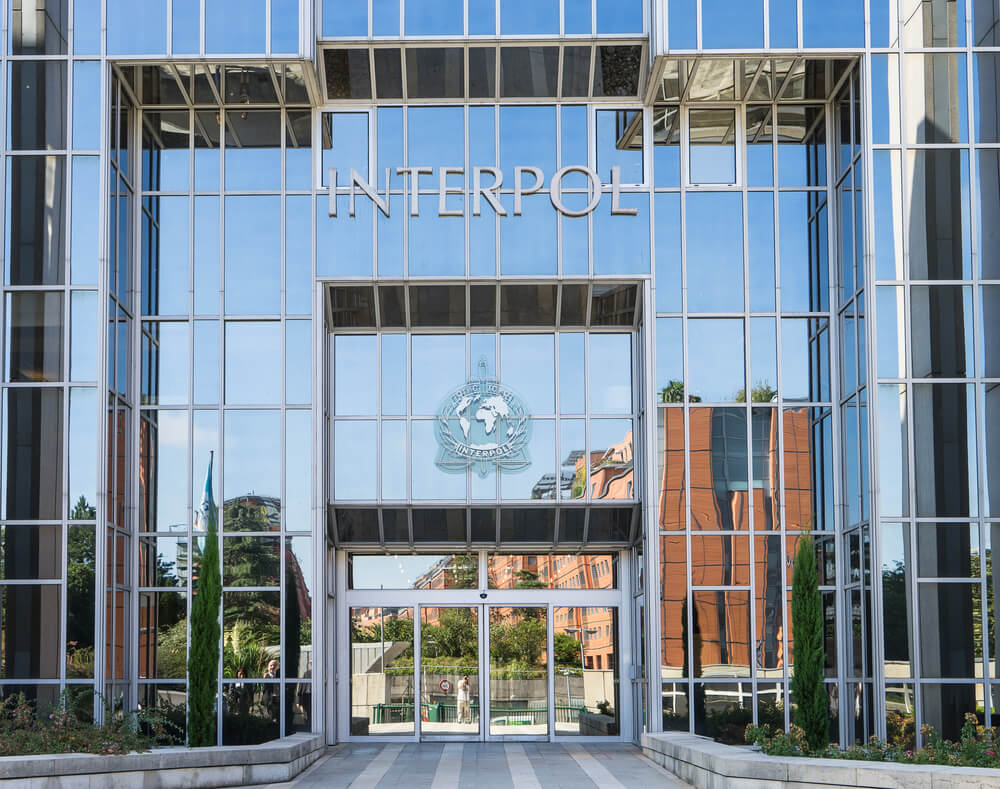Interpol Urges Law Enforcement: Embrace VR Technology
Overseas, Interpol has created an “Expert Group on the metaverse” in order to address concerns about the technology law enforcement. In New Delhi, India, the organization showcased the projec

One company's commitment to the metaverse, who calls the virtual world home and sees it as a sci-fi dream come true, is to fight terrorism and child exploitation, with help from various international agencies like Interpol and Europol.
Many people may think that the metaverse is just a fad. But in the real world, law enforcement agencies are already beginning to explore how to police virtual reality.
Interpol, a worldwide organization designed to facilitate cooperation between various police department around the world, is already looking for ways to embrace the metaverse. Thursday, it launched "the first ever metaverse specifically designed for law enforcement".
Thanks to virtual reality, international police officers can now take a virtual tour of Interpol's headquarters in France. They'll also be able to interact with each other through avatars and take courses on accomplished law enforcement tasks, like forensic investigation or dealing with border control.
Overseas, Interpol has created an “Expert Group on the metaverse” in order to address concerns about the technology law enforcement. In New Delhi, India, the organization showcased the project during a summit where Interpol also announced it had created another “Expert Group on fake news.”
With the advent of virtual reality, Interpol is worried criminals will also migrate to these worlds. They worry that there will be heightened levels of crime, including those targeting minors and sexual assault and harassment.
"We can't underestimate the risk of internet crime," says Madan Oberoi. As Interpol's executive director of technology and innovation, he is on a mission to create governance frameworks necessary to cut off future criminal markets before they form.
"But in order to fight crime in the virtual world, we must experience it," Oberoi added.
Friday, Europol released a document about what law enforcement needs to know about VR and 3D technology. The document highlights the potential for cybercriminals to hijack or replicate a user's 3D avatars, which could become especially problematic if those avatars become photorealistic.

"This information would allow criminals to be more convincing with their impersonation. Moreover, the information may be used to manipulate users in a more nuanced way than is possible on the Internet today." --Europol
Though there are concerns about the misuse of such technology, the agency has also expressed excitement about some of the innovations that VR could bring. “The metaverse will be an enormously exciting opportunity to engage in cross-cultural, social and family activities," Europol said.
Europol is advising police agencies to monitor the
development of AR technology and practice law enforcement in early iterations
of the metaverse. For example, one way to prepare for the increase in crime
would be for officers to build experience policing in games such as Fortnite,
which features a multiplayer shooter, or to learn about game streaming and
social media platforms. “It is essential for law enforcement to be accurately
informed to meaningfully engage with companies, civil society and
lawmakers," the document adds.
